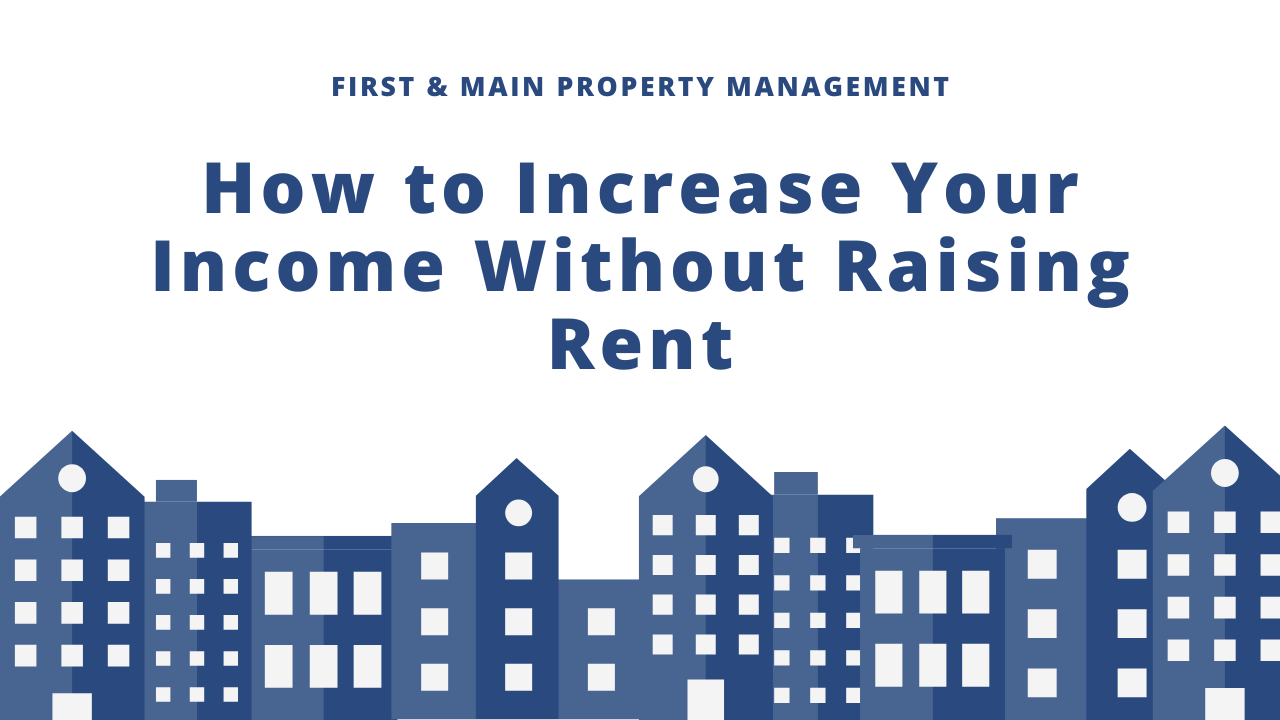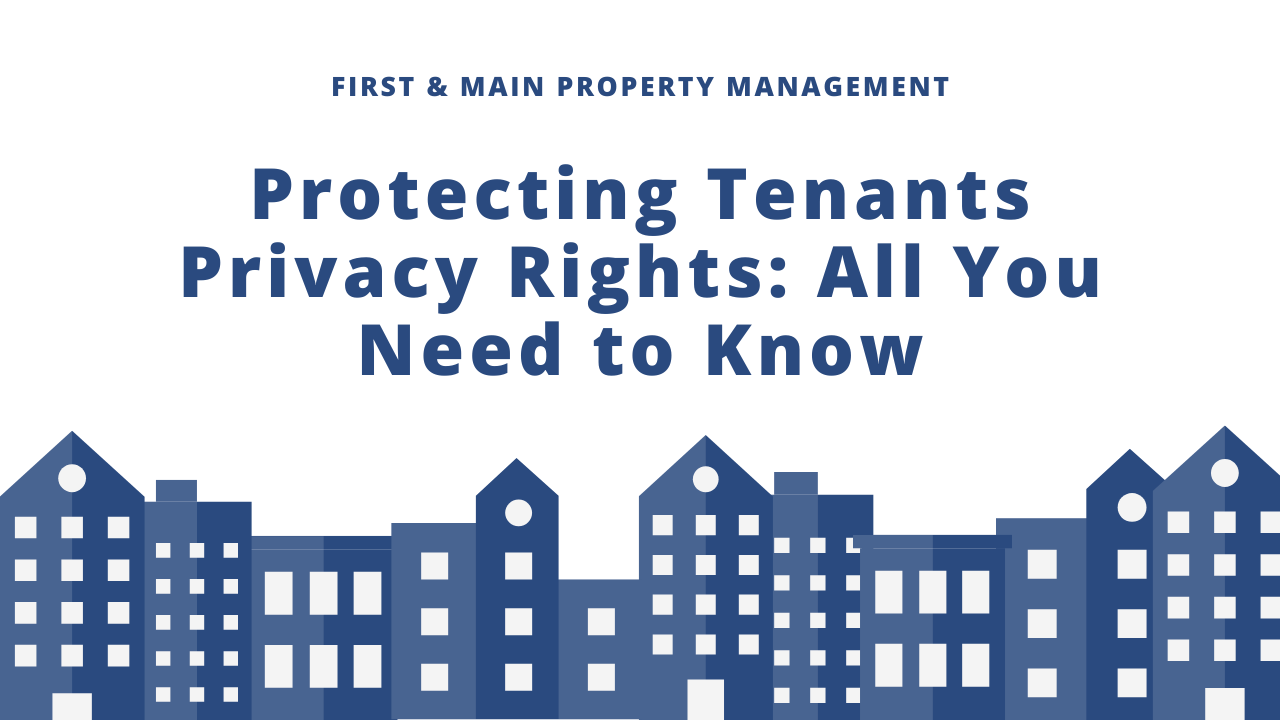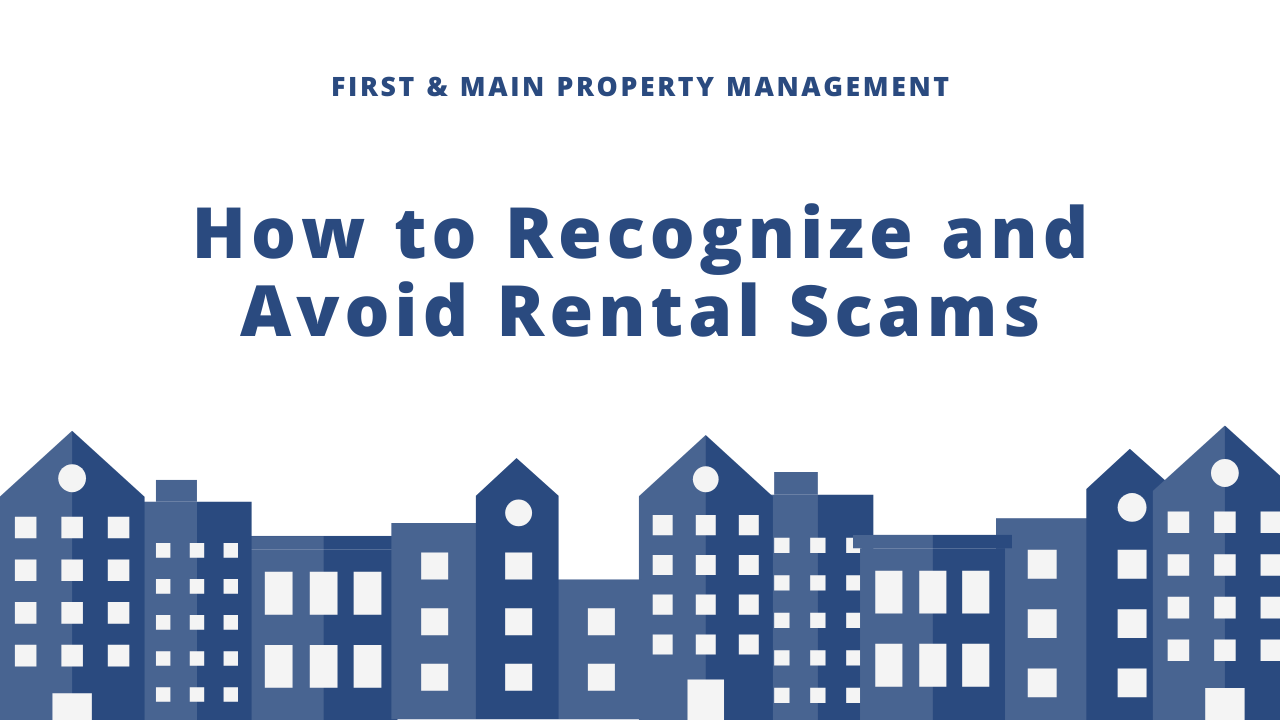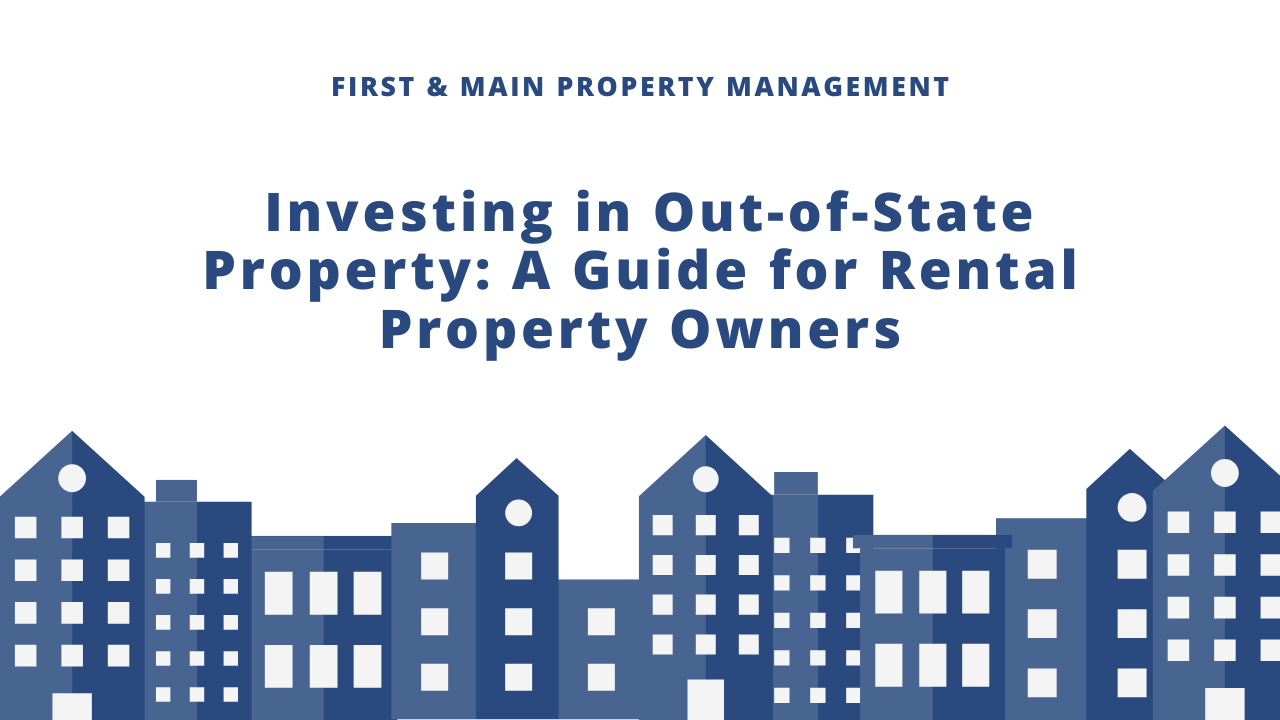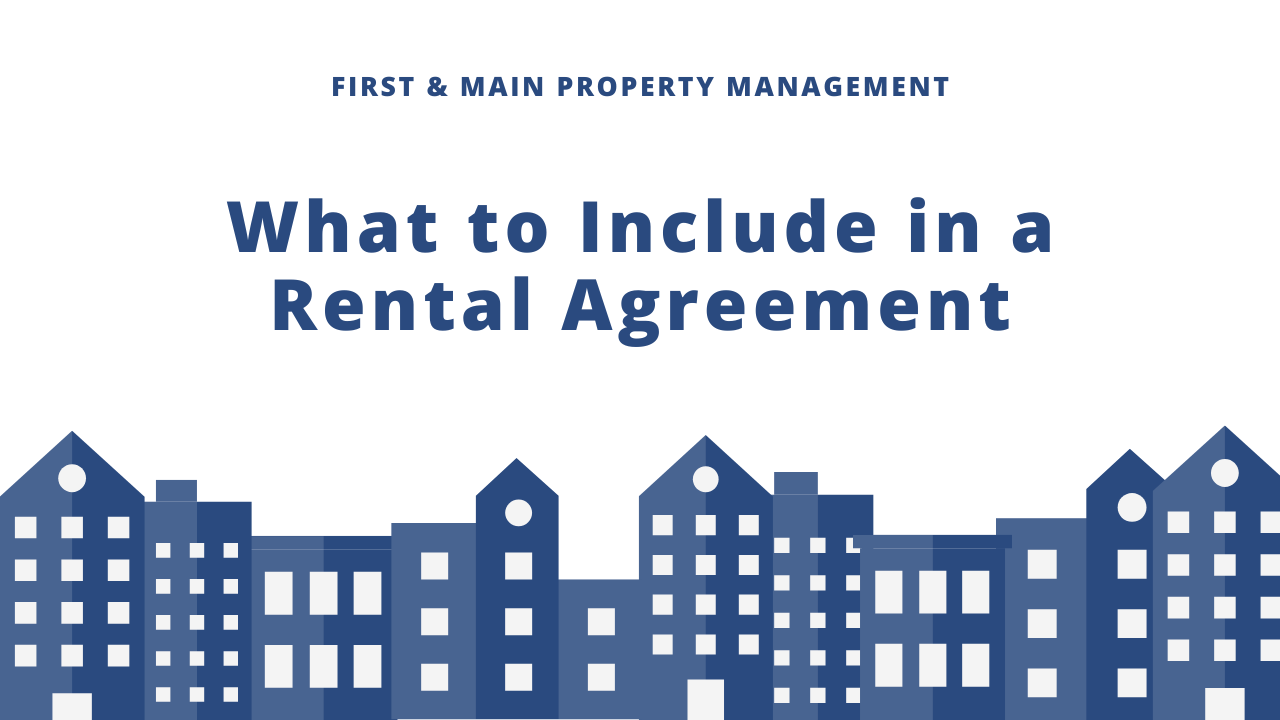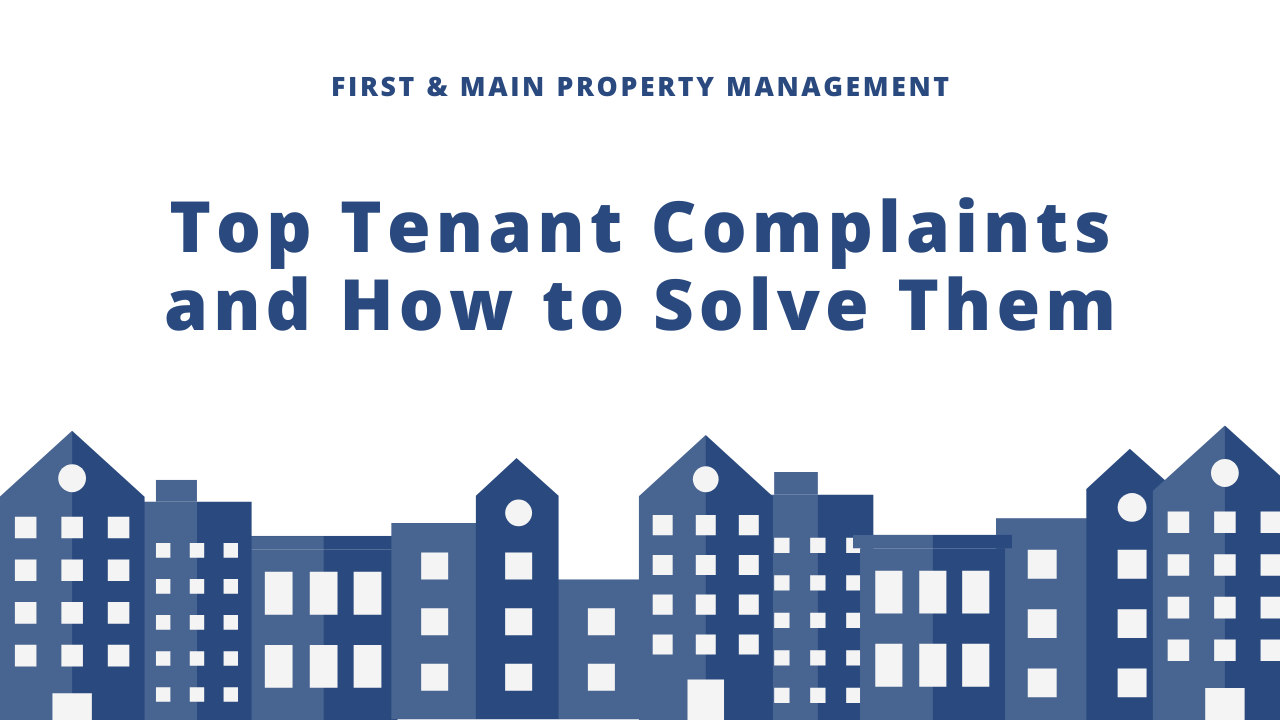Dealing With Noise Complaints
Noise complaints can be a challenging issue for landlords, affecting tenant satisfaction and the overall atmosphere of a property. Addressing these concerns promptly and effectively is crucial for maintaining a positive living environment and ensuring tenant retention.
Landlords play a pivotal role in mitigating these challenges, as unresolved noise issues can not only impact the satisfaction of existing tenants but also influence the attractiveness of the property to potential renters.
In this article, we will explore how to handle noise complaints and in turn foster a better living environment for your tenants.
Handling Noise Complaints
Conduct an Investigation
When faced with a noise complaint, the first step is to conduct a thorough investigation. Landlords should approach this process objectively, seeking to validate the legitimacy of the complaint.
This involves gathering information from both the complaining party and the alleged source of the noise. Reliable witnesses, video or audio recordings, and other evidence can help determine the accuracy of the complaint.
Addressing and Assessing a Noise Complaint
Upon validating the complaint, the next step is to address and assess the situation. Landlords should communicate with the involved parties, ensuring they have a clear understanding of the issue.

Encourage open dialogue to gather additional details and potential resolutions. Assess the impact of the noise on the complainant's living conditions, considering factors such as frequency, duration, and intensity.
Validating a Legitimate Noise Complaint
If the complaint is deemed valid, landlords must initiate a systematic approach to rectify the issue and ensure a peaceful living environment for all residents. Once the investigation is complete, landlords can then proceed to take appropriate measures to address the validated complaint and prevent future occurrences.
This may involve implementing practical solutions like soundproofing, installing rugs or carpets, or engaging in constructive conversations with the noisy tenant to encourage behavioral changes.
Clearly communicate the expectations and consequences for non-compliance to establish a framework that discourages recurring problems and fosters a cooperative living environment.
Dismissing an Invalid Noise Complaint
Not all noise complaints are valid, and landlords must be discerning when assessing the legitimacy of a claim. If the investigation reveals the complaint is invalid, promote transparency and communicate the findings to both parties involved.
Provide a detailed explanation of the findings. Clarify the reasons for dismissing the complaint and encourage an amicable resolution. It's essential to maintain fairness and objectivity throughout the process.

By consistently applying fair practices, landlords can not only address individual noise concerns but also contribute to a trusting and cooperative community within the property.
Preventive Measures for Noise Management
To avoid reacting to complaints, these strategies empower landlords to foresee and address possible noise challenges before they disturb the peace of a property. This section highlights the significance of incorporating preventive measures into property management providing guidance on setting quiet hours and conducting thorough tenant screenings.
By smoothly moving from reactive to preventive actions, landlords can strengthen their properties against noise problems, ensuring a
peaceful living environment for everyone.
Implement Quiet Hours
To prevent noise issues from arising in the first place, landlords can implement quiet hours within the property. Clearly define specific periods during which tenants are expected to keep noise levels to a minimum. Make sure to take this into consideration during the creation of the lease agreement. This proactive measure sets clear expectations and helps foster a peaceful living environment for all residents.
The implementation of quiet hours serves as an effective means of cultivating a sense of community and consideration among residents. By designating specific time frames where noise is minimized, tenants are encouraged to be mindful of their neighbors' need for quiet enjoyment.

This not only contributes to a more amicable atmosphere within the property but also establishes a shared understanding of the importance of maintaining a peaceful living environment. It also provides residents with a predictable schedule, allowing them to plan their activities in a way that respects the established quiet hours, resulting in a cohesive and respectful community.
Proactively Screen Tenants to Avoid Issues
One of the most effective ways to mitigate noise complaints is by carefully screening tenants during the leasing process. Implement a thorough screening process that includes checking rental history, contacting previous landlords, and assessing the applicant's suitability for the property.
Look for comments related to noise complaints in previous tenancies, and prioritize applicants who demonstrate a history of responsible and
considerate behavior.
Bottom Line
Dealing with noise complaints requires a combination of reactive and proactive measures. By conducting thorough investigations, addressing legitimate concerns promptly, and implementing proactive strategies such as quiet hours and tenant screening, landlords can create a harmonious living environment for their tenants.
Maintaining open communication and fairness throughout the process is crucial for building trust among residents.
First & Main Property Management understand the challenges that landlords face in managing noise complaints.
Our experienced team can assist you in conducting fair and impartial investigations, implementing effective solutions, and establishing proactive measures to prevent future issues. With our comprehensive property management services, you can ensure a peaceful and satisfying living experience for your tenants while protecting the value of your investment property.
Contact us today to learn more about how we can support you in managing noise-related challenges and creating a positive rental experience for your tenants.

